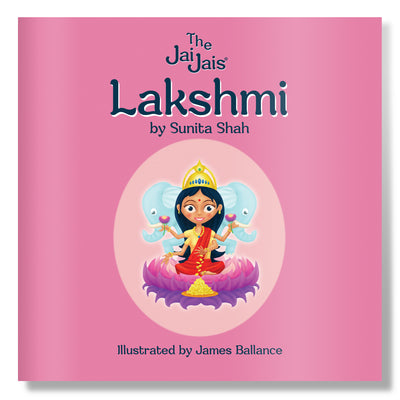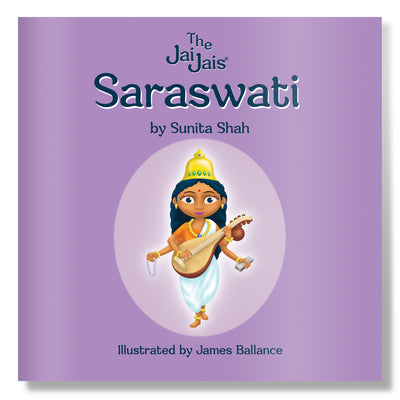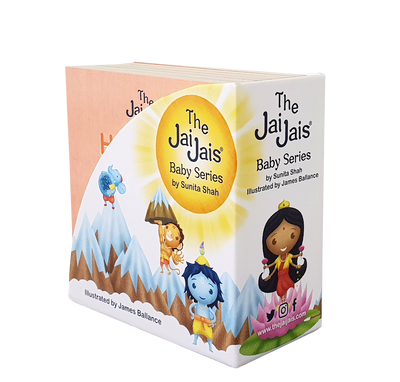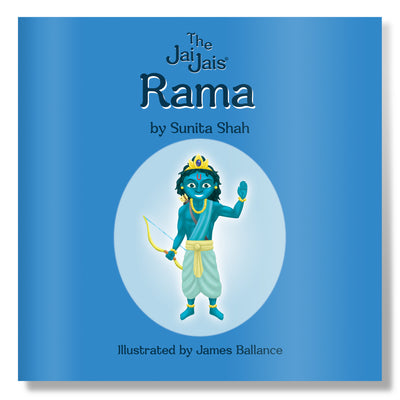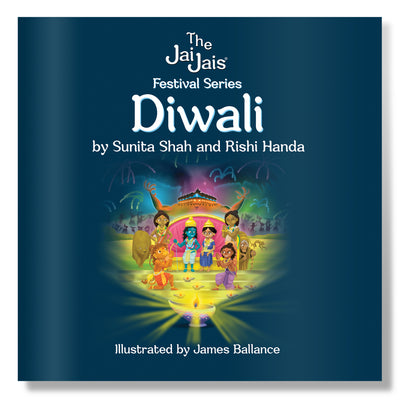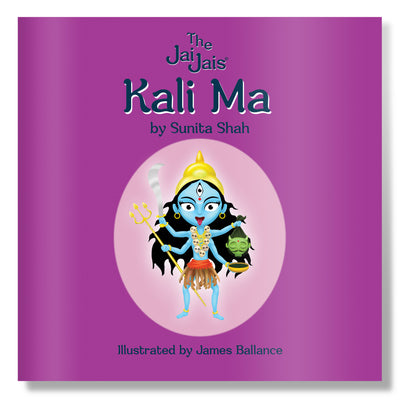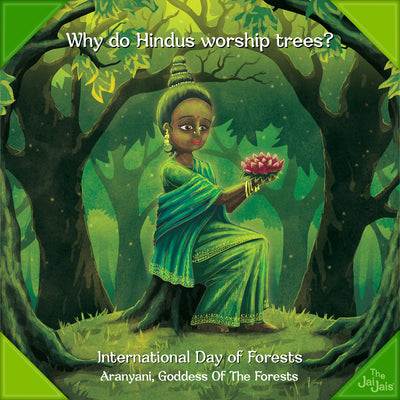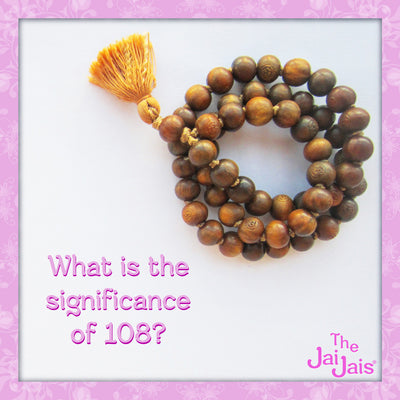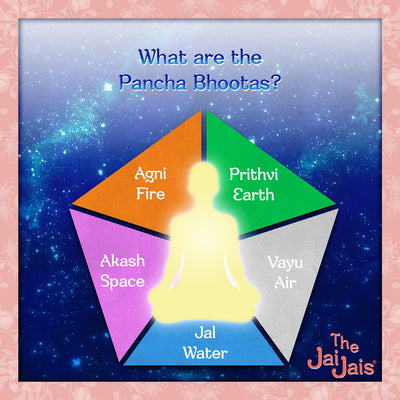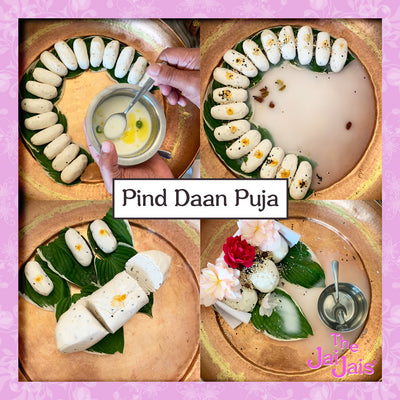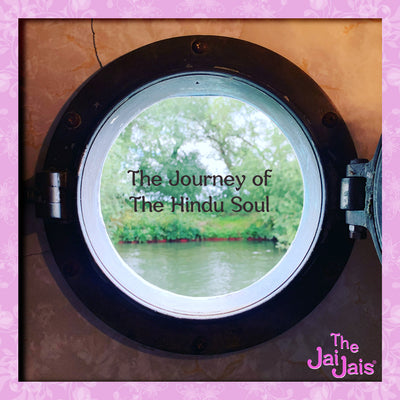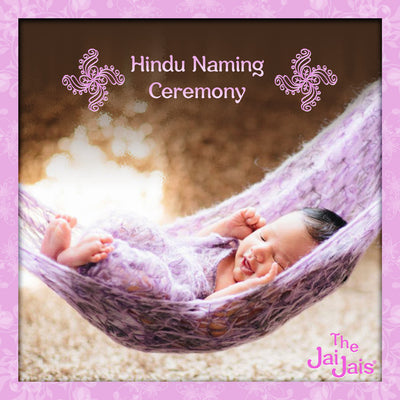According to modern Ayurvedic sources, the origins of Ayurveda have been traced to around 6,000 BCE. Many herbs some now unknown and some still used in Ayurveda to this day, were originally described in the Vedas. Ayurveda was recorded in Sanskrit, in the Vedas: the Rig Veda (3000-2500 BCE), Yajur Veda, Sam Veda, and Atharva Veda (1200-1000 BCE). In Sanskrit, Ayurveda means “The Science of Life.”
Lord Dhanvantari is known as the father of Ayurveda, since he was the first divine incarnation to impart its wisdom amongst humans. Lord Dhanvantari was the physician of the Gods, in both the Vedas and Puranas. Hindus pray to Dhanvantari seeking his blessings for sound healing. In his incarnation as king of Kashi, Divodasa, he was approached by a group of sages including Susruta, the great Indian surgeon with the request to teach them the science of Ayurveda. Dhanvantari stated that Brahma composed the Ayurveda even before he created mankind. In other versions of the origins of Ayurveda, it has been said that Dhanvantari was asked by Lord Indra to take the science of Ayurveda to the mortals. Dhanvantari is seen as an avatar of Vishnu in Hinduism. The most frequently told story about Dhanvantari is that when the ocean was churned by the gods and demons in search of the elixir of life, Dhanvantari came out of it holding a bowl of nectar in his hands.
According to Ayurvedic the entire cosmos is an interplay of the energies of the five great elements—Space, Air, Fire, Water and Earth. Vata, pitta and kapha. In the physical body, vata is the subtle energy of movement, pitta the energy of digestion and metabolism, and kapha the energy that forms the body’s structure. Ayurveda places great emphasis on prevention and encourages the maintenance of health through close attention to balance in one’s life, right thinking, diet, lifestyle and the use of herbs. Knowledge of Ayurveda enables one to understand how to create this balance of body, mind and consciousness according to one’s own individual constitution and how to make lifestyle changes to bring about and maintain this balance.

